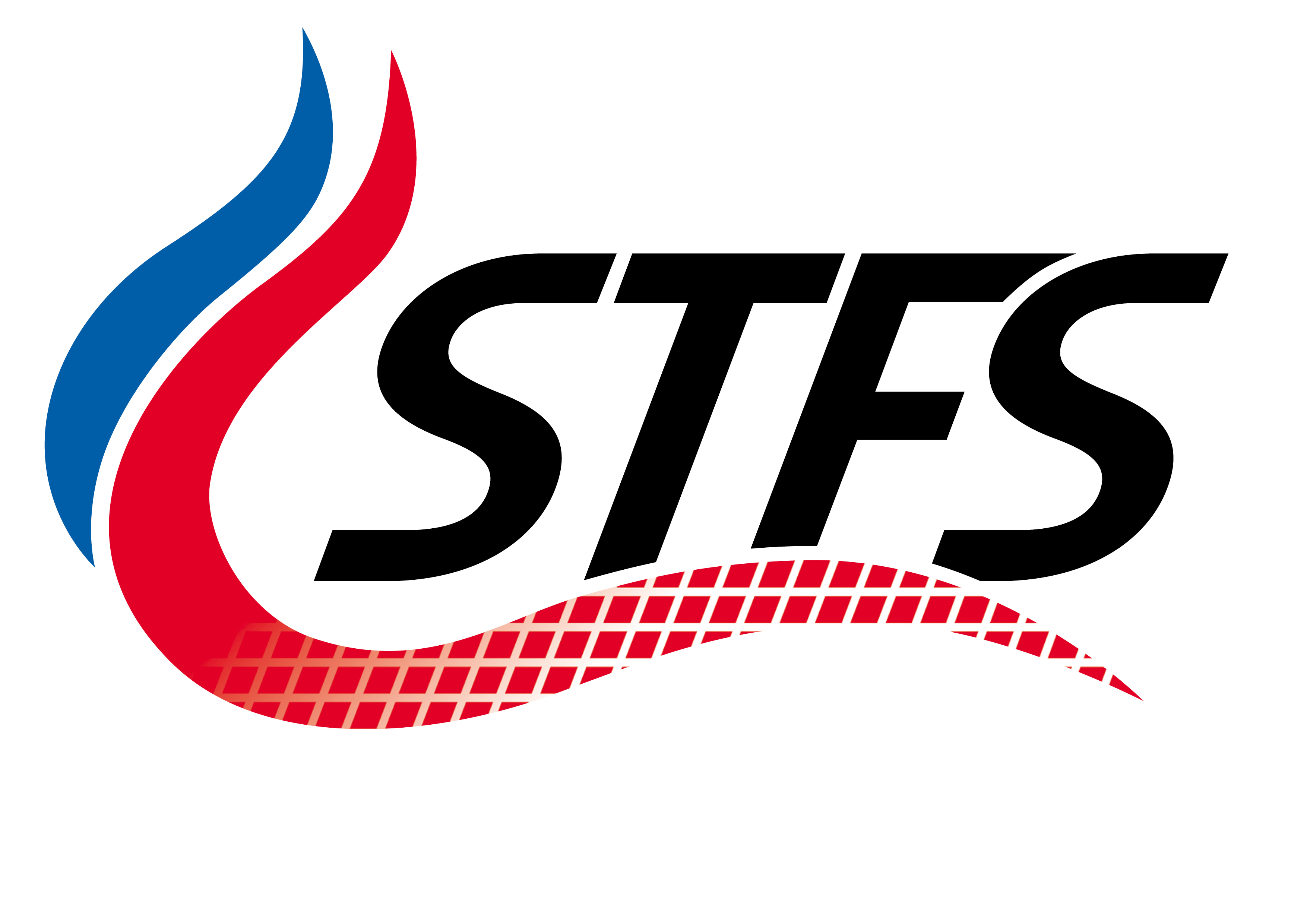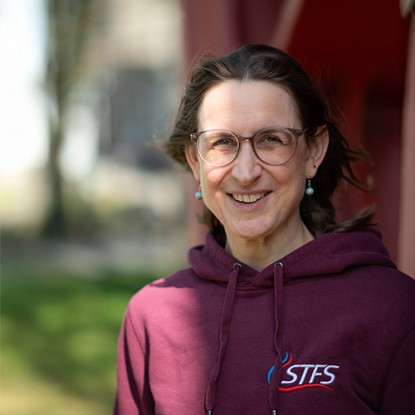Studentische Arbeiten
Am Fachgebiet STFS werden Abschlussarbeiten (Bachelor/Master) und Projektarbeiten (ADP/ARP) angeboten. In der Regel stehen diese studentischen Arbeiten in engem Bezug zu unseren aktuellen Forschungsthemen, wie zum Beispiel:
- Wasserstoffverbrennung
- Daten-getriebene Modellierung von Verbrennungsphänomenen mittels maschinellem Lernen
- Metallverbrennung (Clusterprojekt Clean Circles, Clean Circles Website)
- Nachhaltige Brennstoffe, z.B. aus Power-to-X Prozessen
- Flamme-Wand Interaktionen / Flammenschutzmittel (Sonderforschungsbereich 150)
- Biomasseverbrennung (Sonderforschungsbereich 129)
- Reduzierung von Schadstoffemissionen / Rußmodellierung
- Aero Engines und Thermoakustik
Wenn Sie eine studentische Abschlussarbeit am Fachgebiet STFS suchen, können Sie die Ansprechpartner der unten eingestellten Arbeiten kontaktieren, oder Sie schreiben initiativ eine E-Mail an lehre@stfs.tu-… mit Ihrer Fächerübersicht, sowie der Nennung Ihrer Vorerfahrungen und Interessen – es ist möglich Aufgabenstellungen aus den oben genannten aktuellen Forschungsthemen abzuleiten und auf das Profil geeigneter Bewerber anzupassen.
Aktuelle Ausschreibungen
Masterthesis
The Institute for Simulation of Reactive Thermo-Fluid Systems (STFS) conducts cutting-edge research on reactive flows and alternative energy carriers. One of our focus areas is the combustion of metallic fuels, which have the potential to play a key role in future energy systems.
Aluminum, in particular, undergoes a unique combustion process where evaporated metal reacts with steam, forming hydrogen and aluminum oxide. The global reaction and transport rates are controlled by a multitude of tightly coupled processes, including phase changes, gas phase reactions, thermophoresis, and droplet shape evolution—key aspects that are not yet fully understood.
In this thesis, you will contribute to refining numerical models for these processes using OpenFOAM-based simulations. Your work will help improve the predictive capabilities of existing models, enabling more accurate simulations of aluminum combustion.
Do you have experience in CFD, physical modeling, or programming (Python/C++) in a Unix-based environment? If not, are you eager to develop these skills? If so, we encourage you to contact us for more information!
Betreuer/innen: Pascal Steffens, M.Sc., Johannes Mich, M.Sc.




